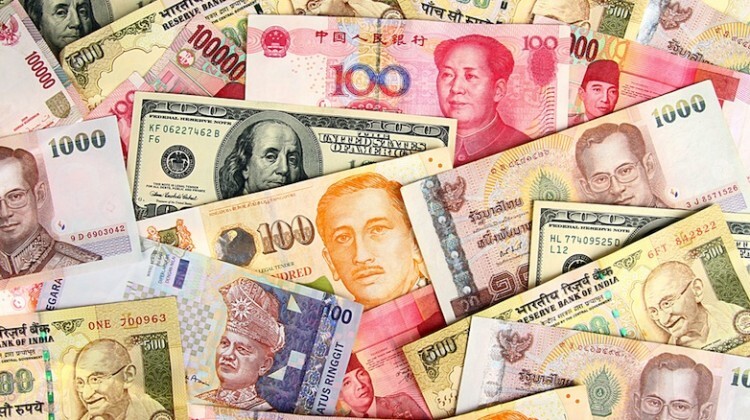this post was submitted on 22 Jul 2023
449 points (96.7% liked)
Asklemmy
43817 readers
1067 users here now
A loosely moderated place to ask open-ended questions
If your post meets the following criteria, it's welcome here!
- Open-ended question
- Not offensive: at this point, we do not have the bandwidth to moderate overtly political discussions. Assume best intent and be excellent to each other.
- Not regarding using or support for Lemmy: context, see the list of support communities and tools for finding communities below
- Not ad nauseam inducing: please make sure it is a question that would be new to most members
- An actual topic of discussion
Looking for support?
Looking for a community?
- Lemmyverse: community search
- sub.rehab: maps old subreddits to fediverse options, marks official as such
- !lemmy411@lemmy.ca: a community for finding communities
~Icon~ ~by~ ~@Double_A@discuss.tchncs.de~
founded 5 years ago
MODERATORS
you are viewing a single comment's thread
view the rest of the comments
view the rest of the comments

Yes, this is true but you also have to factor in the marginal propensity to consume, or in plain English, the poorer you are the more of your income you have to spend on necessities like rent or groceries.
There are always high interest investments available to people with a large amounts of spare cash floating about even when inflation is low.
If your rent + utilities + food = your income then you ain't hoarding money even in a deflationary spiral.
No, but you are more likely to get fired and lose your income as demand for labor drops.
Always. If inflation runs away, the poor suffer. If we get stuck in a deflationary cycle the poor suffer. Apparently it is impossible to construct an equitable system that works without gross inequality (spoiler: it isn't but some people love inequality and will do anything to prevent things being distributed more equally.)